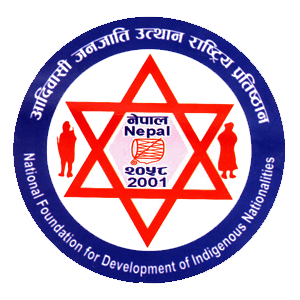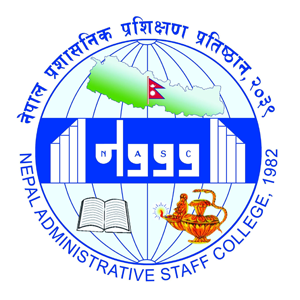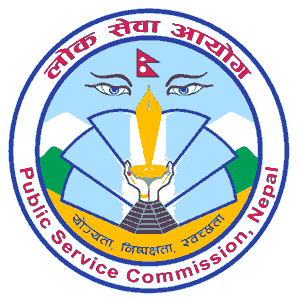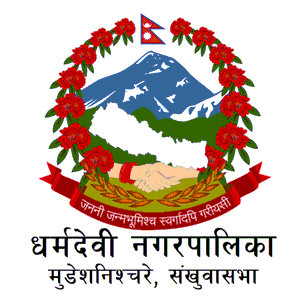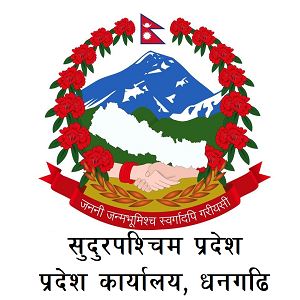Overview
Services of the Muslim Commission (Muslim Aayog) of Nepal
The Muslim Commission, also known as Muslim Aayog in Nepal, is a pivotal institution that focuses on the welfare, rights, and representation of the Muslim community in the country. Here are the key services provided by the commission:
-
Research and Analysis:
- Conduct studies on the overall status and challenges faced by the Muslim community in Nepal.
- Analyze the socio-economic conditions and provide data-driven insights.
-
Policy Recommendations:
- Offer policy, legal, and institutional suggestions to the Nepalese government.
- Advocate for reforms that benefit the Muslim community.
-
Cultural Preservation:
- Work towards the preservation and promotion of the Muslim community's language, script, culture, history, tradition, literature, and art.
- Recommend the establishment of museums or cultural centers that highlight the community's heritage.
-
Awareness and Advocacy:
- Organize awareness programs emphasizing the rights, interests, and empowerment of the Muslim community.
- Advocate for the community's rights at various governmental and non-governmental platforms.
-
Skill Development and Training:
- Facilitate economic empowerment through skill development training.
- Collaborate with institutions to provide education and employment opportunities.
-
Addressing Grievances:
- Collect and address complaints against any violations of the Muslim community's rights.
- Recommend investigations and actions against alleged violators.
-
Community Development:
- Propose and oversee programs targeting socio-economic upliftment within the Muslim community.
- Work towards reducing gender discrimination and violence within the community.
-
Collaboration and Partnerships:
- Collaborate with other governmental and non-governmental organizations for the welfare of the Muslim community.
- Engage in partnerships that further the commission's objectives.
-
Monitoring and Evaluation:
- Monitor the implementation of policies and programs related to the Muslim community.
- Evaluate the effectiveness of such policies and programs and suggest improvements.
-
International Engagement:
- Represent the interests of the Muslim community of Nepal on international platforms.
- Monitor Nepal's adherence to international treaties concerning the Muslim community and provide recommendations.
- Public Engagement:
- Engage with the public to gather feedback and understand the needs of the Muslim community better.
- Organize public hearings, seminars, and workshops to foster community engagement.
In essence, the Muslim Commission (Muslim Aayog) plays a crucial role in ensuring that the Muslim community in Nepal is represented, protected, and empowered. Through its diverse services, the commission seeks to create a harmonious environment where the Muslim community can thrive alongside other communities in Nepal.
Contact Details:
Muslim Comission (Muslim Aayog)
Jawalakhel, Lalitpur, Nepal
Phone: 01-5542651
Email: [email protected]
Website: www.muslimcommission.gov.np



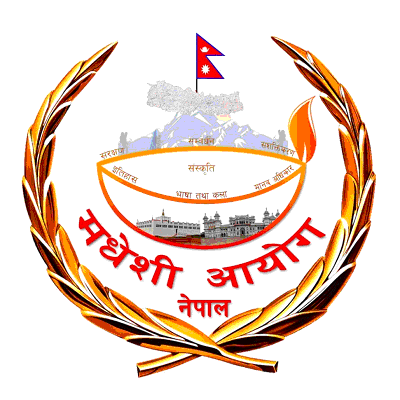
-Logo.png)
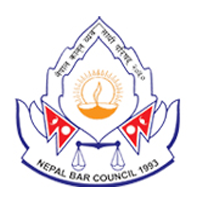
.png)
